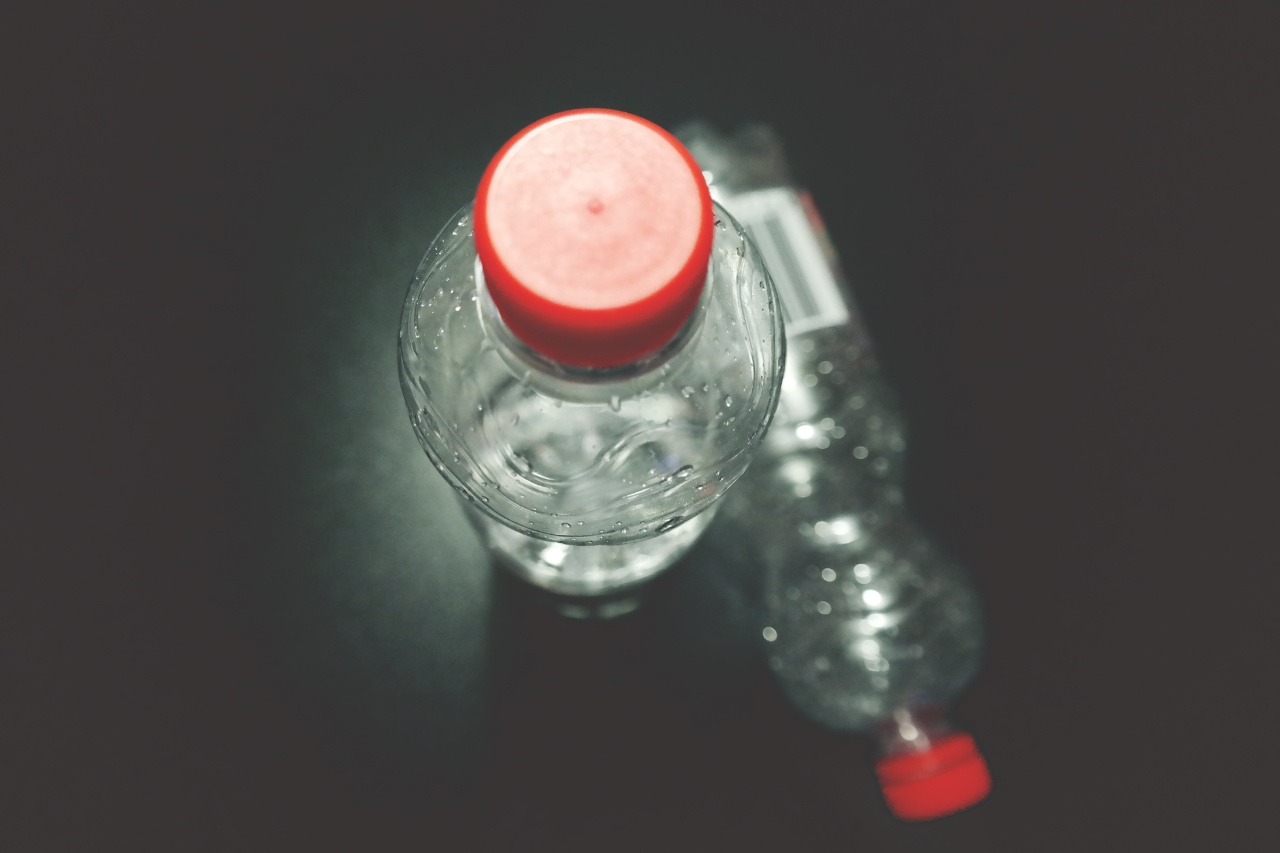Plastic bottles have become a ubiquitous part of our daily lives. We use them to carry water, soda, juices, and other liquids.
But did you know that plastic bottles could be hazardous to your health? In this article, we will explore the unsafe risks of plastic bottles on your health.
BPA-Free Isn’t Always Safe
You may have heard of a chemical called bisphenol A (BPA). It’s a chemical used in the production of polycarbonate plastics, which are commonly used in water bottles, baby bottles, and food containers.
BPA can seep into food and drink, and it is known to be an endocrine disruptor. Endocrine disruptors are chemicals that interfere with the body’s hormones, causing a range of health problems such as obesity, diabetes, and cancer.
Many companies now make bottles that are labeled “BPA-free.” However, this does not mean they are entirely safe.
Manufacturers have started using alternative chemicals that are just as harmful as BPA, such as bisphenol S (BPS) and bisphenol F (BPF). These chemicals have been shown to have the same negative effects as BPA on the body.
Plastic Bottles Can Leach Harmful Chemicals
Plastic bottles are made from a variety of materials, some of which can be hazardous to your health. For example, polycarbonate bottles may contain phthalates, which are chemicals used to make plastic more flexible.
Phthalates can seep into the liquids in the bottle and can cause reproductive problems and developmental issues.
Polyethylene terephthalate (PET) bottles, which are commonly used for water and soda, can also leach chemicals into your drink. A study found that PET bottles leach antimony, a toxic metalloid, which can cause nausea, diarrhea, and vomiting.
Plastic Bottles Can Contain Harmful Bacteria
Reusing plastic water bottles is a common practice, but it can be hazardous to your health. As plastic bottles are not meant to be reused, they can become a breeding ground for bacteria, especially if they are not washed properly.
Harmful bacteria such as E. Coli and Salmonella can grow in plastic bottles, which can cause severe illness if ingested.
Furthermore, plastic bottles are often made in unsanitary conditions, and they can become contaminated with toxins, chemicals, and bacteria during the production process.
Plastic Bottles Can Be Harmful to the Environment
In addition to the health risks associated with plastic bottles, they are also harmful to the environment. Plastic bottles can take hundreds of years to decompose, and they often end up in landfills or the ocean, where they pollute the environment.
The production of plastic bottles requires a significant amount of energy and resources, such as fuel, water, and electricity, which contribute to the carbon footprint and climate change.
Alternatives to Plastic Bottles
Given the unsafe risks of plastic bottles on your health and the environment, it’s essential to consider alternatives. Here are some options:.
- Glass bottles – glass is a safe and reusable material that doesn’t contain harmful chemicals.
- Stainless steel bottles – stainless steel is a durable and non-toxic material that is perfect for carrying water and other liquids.
- Reusable containers – you can use reusable containers made from materials such as silicone, bamboo, and fabric to carry food and drinks.
Conclusion
Plastic bottles have become a convenient part of our lives, but they can be hazardous to our health and the environment. The chemicals used in plastic production, along with the risk of bacterial contamination, make plastic bottles an unsafe choice.
To protect your health and the planet, consider alternatives such as glass or stainless steel bottles, or reusable containers.






























